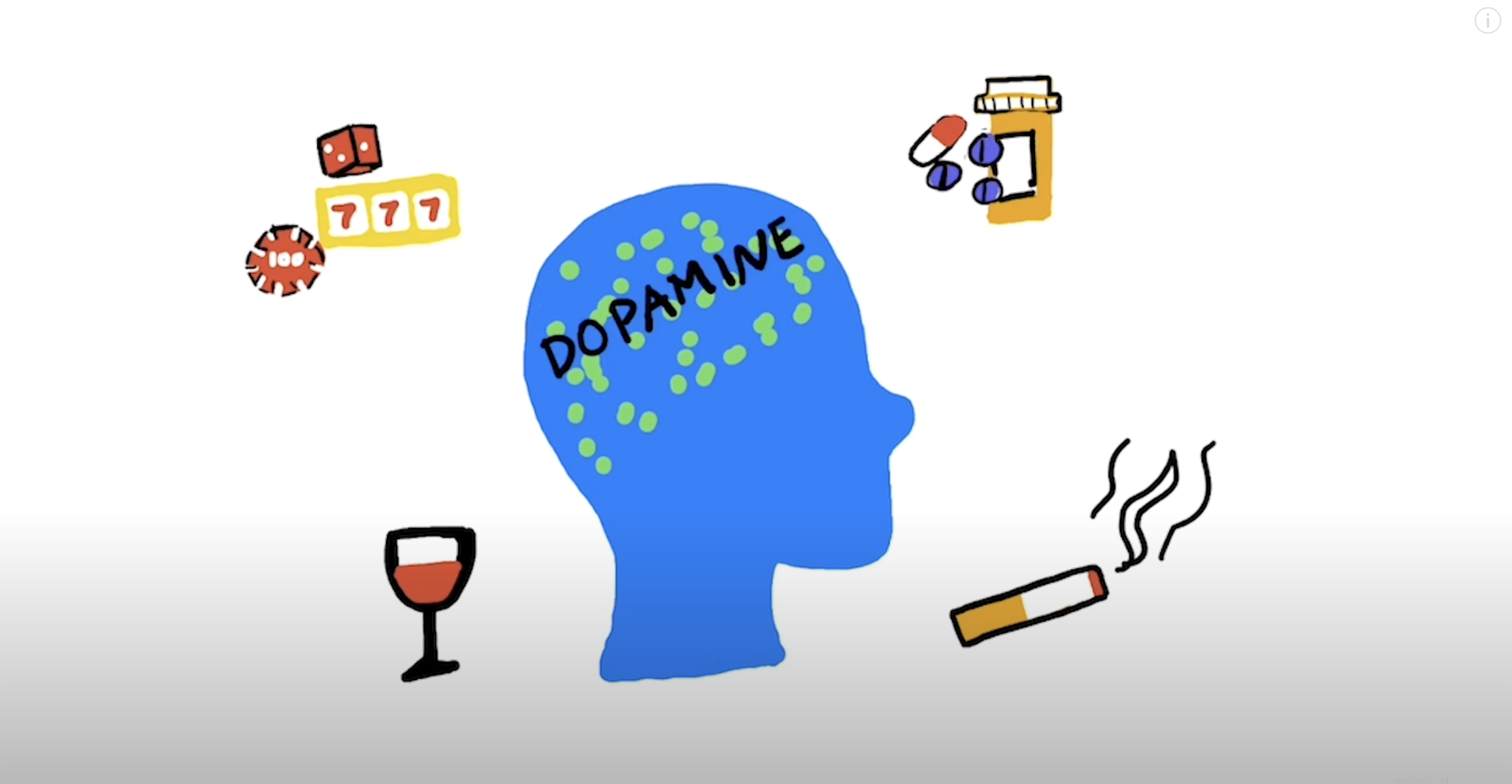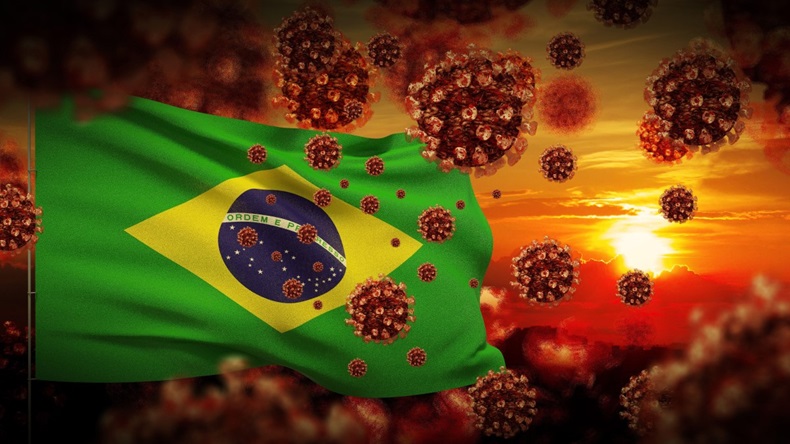Dopamine is a crucial neurotransmitter that plays a fundamental role in various functions within the brain and body. It is often associated with pleasure, reward, motivation, and movement control. Understanding the mechanisms of dopamine and its connection to feelings and emotions is essential for comprehending our behavior, mental health, and overall well-being.
The Role of Dopamine in the Brain
Dopamine is a neurotransmitter, a chemical that transmits signals in the brain and other areas of the body. It is produced in several areas of the brain, including the substantia and the ventral tegmental area. These regions are vital for controlling movement, motivation, and reward.
1. Reward and Pleasure Center:
Dopamine is often referred to as the "feel-good" neurotransmitter. It is released in response to pleasurable situations, reinforcing behaviors that contribute to enjoyment and satisfaction. Activities such as eating delicious food, engaging in stimulating conversations, or experiencing love and intimacy trigger dopamine release.
2. Motivation and Drive:
Dopamine is a key player in motivation and goal-oriented behavior. When we set and achieve goals, dopamine levels rise, creating a sense of accomplishment and driving us to pursue further objectives.
3. Movement Control:
In addition to its role in reward and motivation, dopamine is critical for controlling movement. It assists in coordinating smooth muscle movements and maintaining balance.
Let’s briefly talk about the Uses of Dopamine
Dopamine has important clinical uses in medicine, particularly in critical care settings. It is used to treat various conditions, including shock, heart failure, and low blood pressure. Dopamine is administered intravenously to help improve blood flow and increase heart rate, making it a crucial tool in managing critical medical situations.
Dopamine and Our Emotions
The relationship between dopamine and emotions is intricate. Dopamine doesn't directly induce emotions but plays a significant role in regulating them by influencing how we perceive and respond to situations.
1. Influence on Emotional Responses:
Dopamine modulates emotional responses by influencing our sensitivity to rewards and punishments. Higher levels of dopamine can lead to heightened positive emotions, while lower levels might result in reduced motivation and a decreased ability to experience pleasure.
2. Impact on Stress and Anxiety:
Imbalances in dopamine levels can contribute to stress and anxiety disorders. Too much dopamine can result in heightened anxiety, while insufficient dopamine may lead to feelings of apathy or depression.
3. Addiction and Dopamine:
Addictive substances, like drugs and alcohol, often impact dopamine levels. They either increase dopamine release or inhibit its re-absorption, leading to an intense feeling of pleasure and reinforcing the desire to repeat the behavior.
Methods to Boost Dopamine Levels Naturally
1. Regular Exercise:
Engaging in regular physical activity, such as jogging, swimming, or yoga, is an excellent way to naturally increase dopamine levels. Exercise triggers the release of dopamine in the brain, promoting feelings of pleasure, satisfaction, and overall well-being. Aim for at least 30 minutes of moderate to vigorous exercise several times a week.
2. Healthy Diet:
Consuming a balanced diet rich in protein, healthy fats, and whole grains provides the necessary precursors for dopamine production. Foods like fish, poultry, eggs, nuts, seeds, legumes, and dark leafy greens contain amino acids that are essential for synthesizing dopamine.
3. Practicing Meditation and Mindfulness:
Mindfulness practices, including meditation and deep breathing, have been shown to boost dopamine levels and improve mental well-being. These practices help reduce stress and anxiety, fostering a sense of calm and contentment.
4. Setting and Achieving Goals:
Setting achievable goals and working towards them can trigger dopamine release, reinforcing a sense of accomplishment and motivation. Start with small, realistic goals and gradually progress to more significant milestones to maintain a steady flow of dopamine.
5. Engaging in Creative Activities:
Participating in creative hobbies like painting, writing, music, or crafting can stimulate dopamine release. Expressing creativity and engaging in activities you enjoy can activate the brain's reward pathways, promoting a sense of pleasure and satisfaction.
Dopamine Detox: This is Trending
A dopamine detox, also known as a "dopamine fast," is a method aimed at resetting your dopamine receptors by reducing exposure to stimulating activities and substances. The idea behind a dopamine detox is to take a break from activities that trigger excessive dopamine release, allowing the brain to regain sensitivity to dopamine and enhance its natural reward system.
During a dopamine detox, individuals abstain from activities like social media, video games, excessive internet use, sugary foods, caffeine, and other potentially addictive behaviors. Instead, they focus on engaging in simple, non-stimulating activities like reading, walking, or meditating. This break from constant stimulation is thought to help recalibrate the brain's dopamine response.
In conclusion, Incorporating these healthy habits into your daily routine can help maintain optimal dopamine levels, contributing to improved mood, motivation, and overall mental well-being. It's essential to find a balance that works for you and consult a healthcare professional if you have concerns about your dopamine levels or mental health.

 Ever wondered how dopamine impacts your brain and emotions? Explore its role in pleasure, motivation, and movement. Discover natural methods to boost dopamine and grasp the concept of a dopamine detox for mental stability.
Ever wondered how dopamine impacts your brain and emotions? Explore its role in pleasure, motivation, and movement. Discover natural methods to boost dopamine and grasp the concept of a dopamine detox for mental stability.



















.jpeg)

.jpeg)










.jpg)




.jpg)

